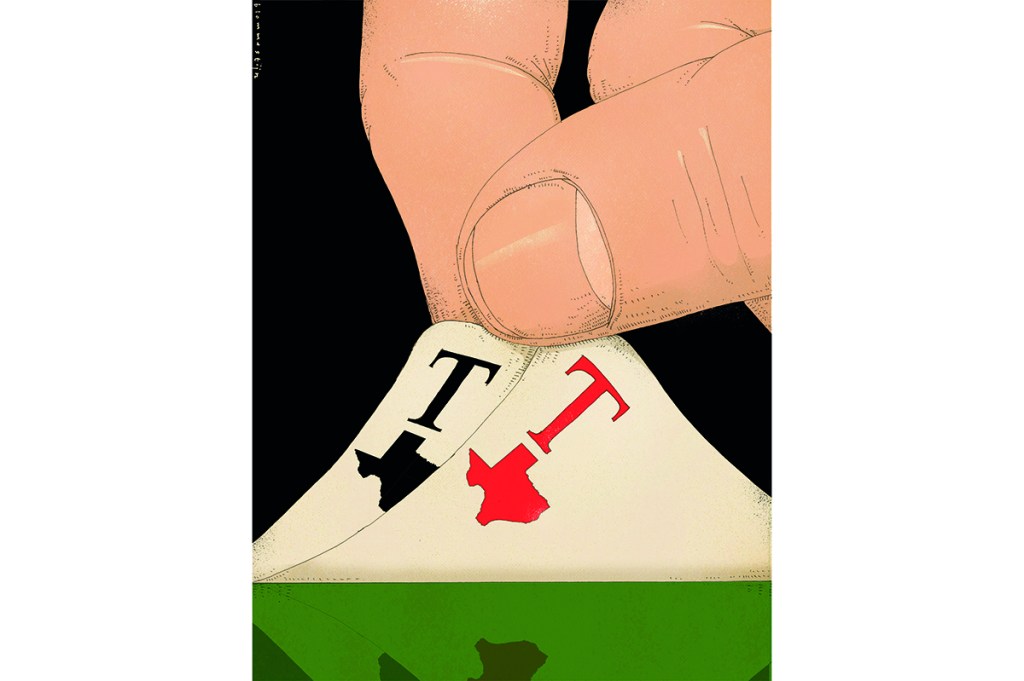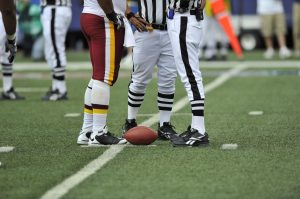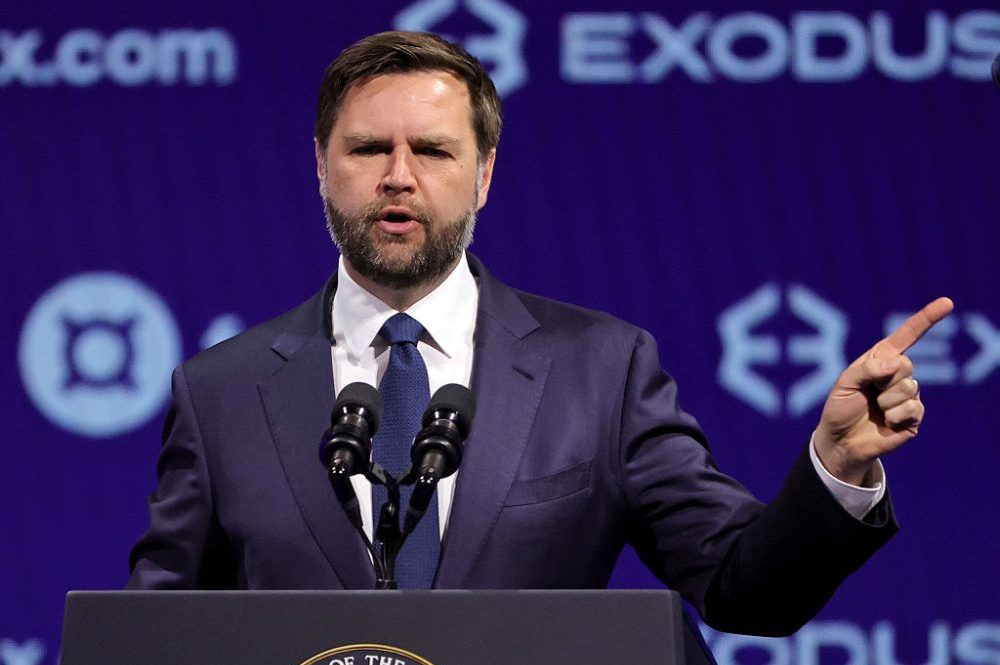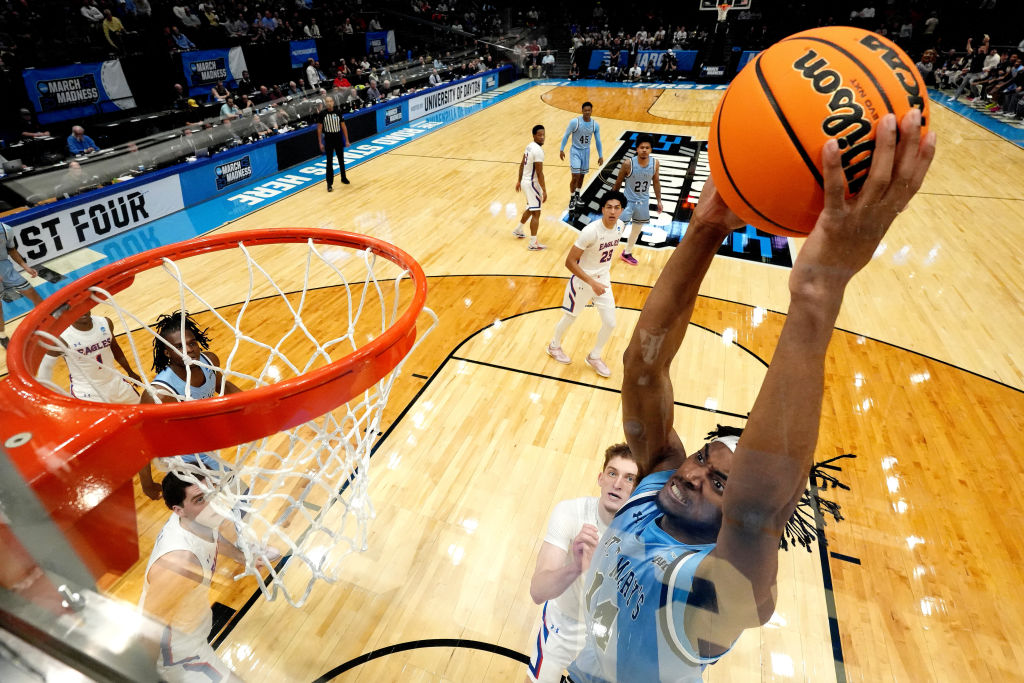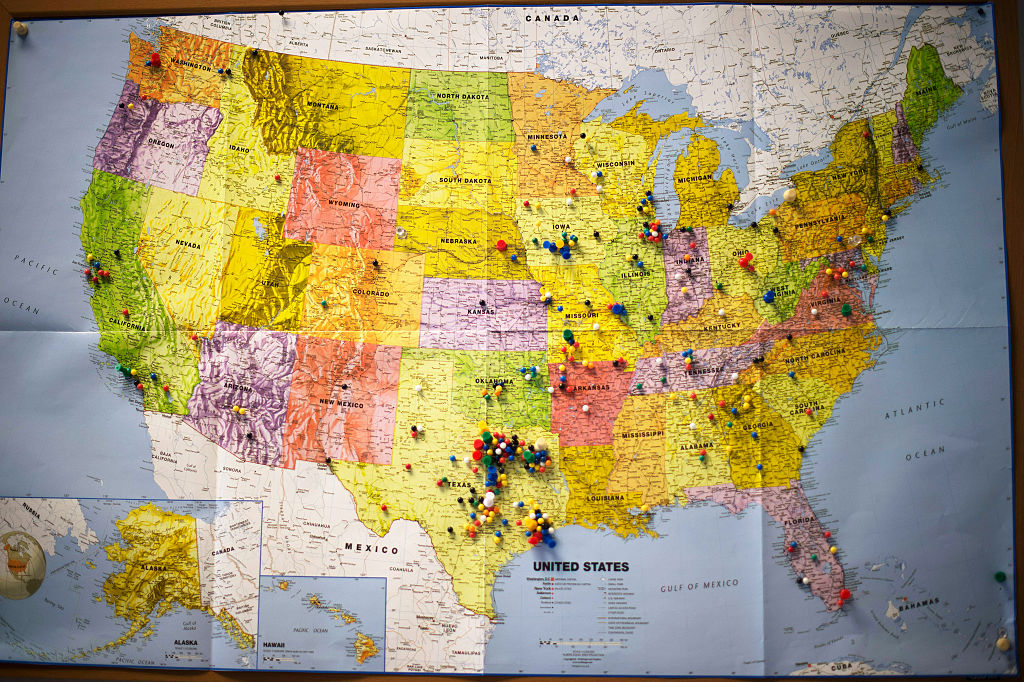Late on a Sunday night in May of 2022, I found myself playing heads-up poker with a hoodie-wearing small-town Texas high-school basketball coach for $70,000, plus a trophy. Well, technically, we were playing for $10,000, since the final five players in the tournament had agreed to a chopped pot an hour earlier, guaranteeing us each $45,000. Regardless, it was a lot of money, and somehow, I was in the mix.
This was the “Monthly Monster” at the Lodge, a club in Round Rock, just northwest of Austin. The spot is the epicenter of the Texas poker boom and I’d staggered into this situation more or less by accident. The $600 buy-in was a lot more than I usually spent; I’d never paid more than $200 for a tournament before. But I’d busted early out of my usual $80 Friday night tournament and didn’t feel like going home yet. Meanwhile, a “flight” for the Monster was ongoing at adjacent tables.
With bigger poker tournaments, there are eight mini-tournaments, essentially, and whoever survives those earns a little cash and gets to play in day two for the big money. After my bust-out, I saw that the Friday night flight was short some players. Plus, the Lodge had just run a big series, so I knew that a lot of the better players had either left town or were licking their wounds. It was a softer than usual field, and it smelled like opportunity.
“Why the hell not?” I thought to myself. I drove to my bank down the street, got out the cash, registered, played for five hours, and survived to day two. And then, I played the smartest, most careful poker of my life. Eight hours later, I was in the top twenty.
A couple hours after that, I was at the final table. After some more savvy play, and a couple of lucky breaks where the odds said I should have lost but I didn’t, it was me against this guy who was, if I were to guess, about half my age.
He played aggressively, as a lot of the younger players do, shoving all-in every two or three hands. After a couple of big showdowns where we traded chips back and forth, I decided to wait and trap him. When I picked up pocket aces, I thought the championship was mine. Unfortunately, I played it too slow and let him draw to a straight. Two hands later, it was over. And I had only won $60,000.
This happened at 4:30 a.m., not in Las Vegas or Monte Carlo, but in a medium-rent suburban Texas strip mall. It wasn’t on TV, or even on YouTube. There were very few live witnesses. But it was real. I filled out a tax form and the Lodge gave me $60,000 in an envelope. The security guard walked me into the empty parking lot to my nine-year-old Prius with the broken headlamp. And then I drove twenty minutes home, feeling like the greatest guy in the world. My previous biggest cash had come just a few weeks earlier. And that had been less than $2,000.
“How’d you do?” my wife Regina asked sleepily as I Sinatra’d into the bedroom.
I plopped a stack of Franklins onto her in bed.
“How much is that?” she asked.
And then I dropped another stack. And another. Eventually, there was money all over her.
“I made $60,000,” I said. “Playing poker.”
“Holy crap, dude,” she said.
“I know.”
“I guess I can never say ‘don’t go play poker’ again.”
“Nope,” I said.
Poker in the United States, and then around the world, boomed in 2003, when an obscure accountant named Chris Moneymaker (really) won millions at the Main Event of the World Series of Poker in Las Vegas after earning his seat in an online satellite tournament. He was the most regular-guy grand champion the poker community had ever seen, and the gold rush was on. Poker made a lot of millionaires, especially online, as players who didn’t know what they were doing donked away countless stacks in an attempt to become the next Moneymaker.
This lasted until April 2011, when the United States Justice Department froze the assets of the three largest online poker sites: PokerStars, Full Tilt Poker and Absolute Poker. It didn’t destroy American poker altogether, but not having the online sluice-pipe robbed many pros, especially those without easy access to the fishy tables of Las Vegas, of their easiest source of income. The games moved underground, or to regional casinos, but it wasn’t the same.
For action, players in Texas had to play either in dangerous unregulated underground home games, or drive to Native American casinos in Oklahoma. The Oklahoma solution worked fine for people in Dallas; those rooms in Durant were close by. But for the rest of the state, it was a haul.
In 2015 Sam Von Kennel, a longtime player, saw a loophole. He opened the Texas Card House in a tiny, low-ceilinged room in far south Austin, charging membership fees and offering a rake-free game. It was a “social club,” not a gambling establishment, and he bet that local authorities would leave him alone. The bet was correct, for the most part. TCH moved its operations to the tech corridor in north Austin, where there’s more money. It saw a lot of success, and clubs started popping up all over the state.
The model has continued to hold, though not without signs of wear. There have been vice raids, cheating scandals, bankruptcies, robberies and gun violence. The Texas Card House’s reputation took a major hit in April 2018 when a popular poker Instagrammer who calls himself “3Bet Panda” was shot in the stomach and robbed in the parking lot at 3 a.m. He survived, but it was hardly Texas poker’s finest hour.
The Lodge has suffered none of these problems thus far. Jason Rosenbaum, an investor from Chicago, had heard about what was going on in Texas, and approached Texas Card House to offer them a partnership. They weren’t interested at the time, which proved to be a mistake. Rosenbaum had a vision of something aboveground and not sleazy, or at least as not-sleazy as a poker house could possibly be. He wanted a professional joint, with regular players treated like valued customers, not sharkbait for pros who, like the vaunted regulars at the Texas Card House, bleed people so dry they keep their chips in private safes that the establishment provides. Rosenbaum and his parents opened the Lodge in a tiny storefront next to a Mexican breakfast restaurant in March 2018. It had twenty tables, a couple of vending machines and smaller bathrooms than your average car dealership. It wasn’t exactly a dump, though late on a Friday night, you could make the argument.
Joe Strazzera was the floor manager of the poker room at the Wynn in Las Vegas. They’d just cut back his hours and his benefits. Very few poker rooms in Vegas turn a profit. Casinos consider poker a loss leader to get people to the slot walls and other gaming tables where the house has an edge. So they traditionally treat poker people like trash. Strazzera, frustrated with his situation, looked on Indeed and saw a job opening to be general manager for the Lodge. He applied, pretty much knowing he was overqualified and that he’d get the job. “Everybody I knew thought I was crazy,” he said, “leaving Las Vegas to run a small card room in Texas.”
But he made a good bet. Rosenbaum saw an opening with poker tournaments. The ideal model for making money off poker is to hold tournaments that draw players in, and then keeping them at the cash tables, where players tip the dealers and pay the house an hourly fee for their seats. Rosenbaum started offering a Tuesday night “freeroll,” throwing $1,500 of his own money into the pot and inviting players to boost the prize pool themselves by buying back in. Word got out in the community that the Lodge was giving away money. Players came in one Tuesday, and many of them have barely left since.When he got to the Lodge, Strazzera was managing twenty-three employees. Now he has 203. And in 2020, after Texas relaxed its pandemic restrictions, the Lodge really boomed. They closed the original room and opened a cavernous, forty-plus table hall next door — the Lodge Mahal. And construction is ongoing to expand into several other adjacent storefronts, which would make the Lodge one of the biggest poker rooms in the world.
Meanwhile, they’ve brought on celebrity investors. Doug Polk, Andrew Neeme and Brad Owen are all popular YouTube poker personalities, and are all terrifically successful. They’d wanted to open their own room in Vegas, but it would have cost them millions of dollars, and at least an eighteen-month lag time. They cast a net for someone to run their dream poker hall — and were unimpressed by all the applicants. The Lodge, on the other hand, was sitting right there. Rosenbaum made a pitch and took them on as minority partners.
Last spring, the Lodge made the announcement that its new partners would be holding a meet-up game, where hopeful players could match wits with their heroes, alongside a “Mayhem” series of big-money tournaments. When guys like me started playing at the Lodge, it was just a bunch of low-stakes local regulars. Suddenly, high-end, or at least mid-end, pros were flying in from all over the world for tournaments with prize pools topping two million.
Now other clubs in the state, from the Permian Basin to Houston to San Antonio, are holding their own million-dollar tournament series to compete. And though you can still go play the World Series of Poker regional tourneys at Choctaw in Oklahoma if you want, one dealer said to me the other day, “Texas is the new Vegas.”
Doug Polk, the best-known and most charismatic of the three celebrity partners, moved to Austin and now plays at the Lodge nearly every day. There’s a new production studio that airs wildly entertaining cash games, where Polk plays for huge pots against a series of lunatic donkeys. Hundreds of thousands of dollars are flying around the room every day.
The Lodge is actively negotiating in multiple other states, hoping to set up a chain of clubs that use the same formula: professionally run daily tournaments that appeal to a local crowd, accompanied by quarterly Mayhem series to bring in the high rollers and fulfill the jackpot dreams of its regulars. The goal is to create a circuit to rival the World Poker Tour and regional World Series of Poker events, and to create a new generation of hopeful moneymakers, and Moneymakers. The Texas formula is getting ready to go nationwide.
From personal experience I can tell you the formula works. I’m maybe slightly above average in tournament poker ability, but I’m no professional. I’ve had some rough nights where I’ve lost quite a bit of money — and suffered some unpleasant encounters with some very drunk dudes. But playing poker at the Lodge has definitely changed my life.
On a recent Tuesday night, I dropped by the Lodge for the weekly freeroll, which I play from time to time, that now has a guaranteed prize pool of $15,000 — it sometimes ends up being almost double that. After my big win in May, I’d splashed around for a bit, and then went on a nasty downswing and almost quit. But the tournaments drew me back in. I can’t help it; I love playing them.
There, at 6 p.m. on a decidedly average Tuesday, Strazzera was sitting at the head of the livestream TV table, talking to a bunch of regular dealers, showing them how to lay out a YouTube flop to better build up drama for the audience. And the dealers were really paying attention.
“This is no joke,” Strazzera said. “We’re trying to take over Hustler as the best TV game in the world. And we will.” I have no doubt. Or at least it’s a possibility. And then I played the tournament, until long after I should have been in bed. The prize pool nearly touched $20,000.
Lately, I’d been running better, and playing better. I made the final table that night, finishing seventh out of 140 players, falling short of the top prize of more than $5,000. But I still made a $500 profit, not bad for eight hours of a slightly unsavory but basically aboveboard side hustle. It wasn’t a great night, but it was a good one, and it ended for me around 4 a.m. Once again, I’d caught a little piece of the Texas poker boom.
This article was originally published in The Spectator’s January 2023 World edition.



